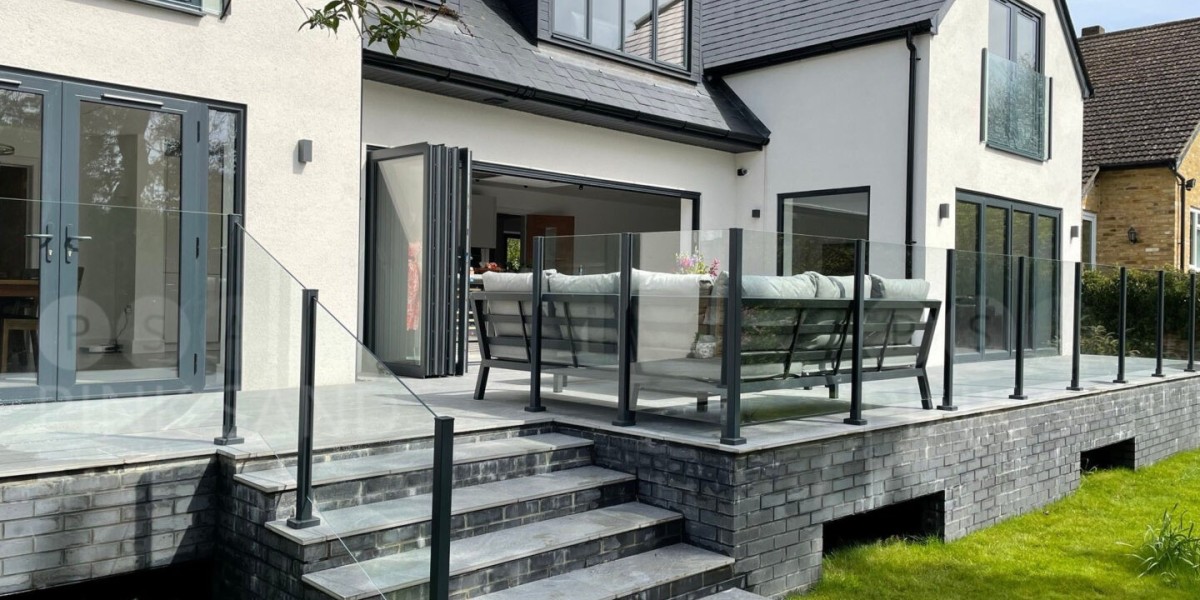Real estate investing has long been a powerful way to build wealth. But when you're just starting out or looking to shift strategies, you’re likely asking the big question: Should you flip homes or generate rental income?
Both strategies can be lucrative, but they work in very different ways. In this post, we’ll compare home flipping and rental income based on profit potential, risks, time involvement, and long-term rewards — so you can choose the path that suits you best.
?️ What is Home Flipping?
Home flipping involves buying a property at a lower price (often distressed), renovating it, and then selling it at a higher price to earn a profit.
Pros:
Quick returns: If done correctly, you can make profits in just a few months.
Large lump sum gains: A successful flip can earn tens of thousands in one go.
Market timing: Great when the housing market is hot and buyer demand is strong.
Cons:
High risk: Unexpected repairs, market dips, or overestimating the resale value can wipe out profits.
Capital needed: Requires upfront money for purchase, repairs, and holding costs (like taxes and utilities).
Tax implications: Profits from flipping are taxed as short-term capital gains or ordinary income.
?️ What is Rental Income Investing?
Rental income involves buying a property and leasing it to tenants over time to earn monthly cash flow and long-term appreciation.
Pros:
Steady cash flow: Monthly rental payments can cover mortgage and expenses — and still leave you profit.
Long-term appreciation: Property value typically rises over time, building equity.
Tax benefits: You can deduct mortgage interest, depreciation, repairs, and more.
Cons:
Tenant management: Late payments, vacancies, and property maintenance can be time-consuming.
Slow return: Unlike flipping, profits are spread over months or years.
Market dependency: Rents can fluctuate depending on the economy and location.
? Profit Potential: Which Makes More Money?
Flipping: Can offer high, short-term returns — but also bigger risks.
Rentals: Lower, steady income that grows over time and includes property appreciation.
Verdict: If you want fast money and are willing to take risks, flipping might suit you. If you prefer long-term wealth and passive income, rentals are the way to go.
? Time and Involvement
Flipping: Involves heavy time and project management. You may need to oversee contractors, materials, permits, and timelines.
Rentals: Time commitment is spread out, but property management (especially with multiple units) can be ongoing. Hiring a property manager helps.
? Risk Comparison
Flipping: Higher risk due to market conditions, repair surprises, and tight timelines.
Rentals: Lower risk in stable markets, but risk of bad tenants, vacancies, or property damage.
? Which Strategy is Better for Beginners?
If you’re handy with renovations or connected with contractors, flipping might be your starting point.
If you want to build a slow and steady portfolio, rental properties can provide financial stability with room to grow.
? Combining Both Strategies
Some investors use flipping for quick capital, then reinvest profits into long-term rental properties. This hybrid approach can balance short-term wins with long-term security.
Final Thoughts: Flipping vs. Rental Income
There’s no one-size-fits-all answer. Your choice depends on:
Your financial goals (quick profit vs. long-term growth)
Your risk tolerance
Your time availability
Your capital and credit access
Home flipping is a more active, short-term strategy with higher risk and reward.
Rental income is a long-term game focused on stability and wealth-building over time.
Whatever you choose, research, budgeting, and market knowledge are your keys to success.
Important link
Tengah Garden Residence Showflat
Tengah Garden Residence Developer
Tengah Garden Residence Floor Plans
Tengah Garden Residence Site Plan
Tengah Garden Residence Project Details
Real Estate Tips for Newlyweds Buying a Home
How to Finance a Second Home Purchase Without Breaking the Bank
How to Read and Understand Property Deeds
How to Check Property Boundaries Before Buying: A Simple Guide for Homebuyers
Tengah Garden Residence Project Details









